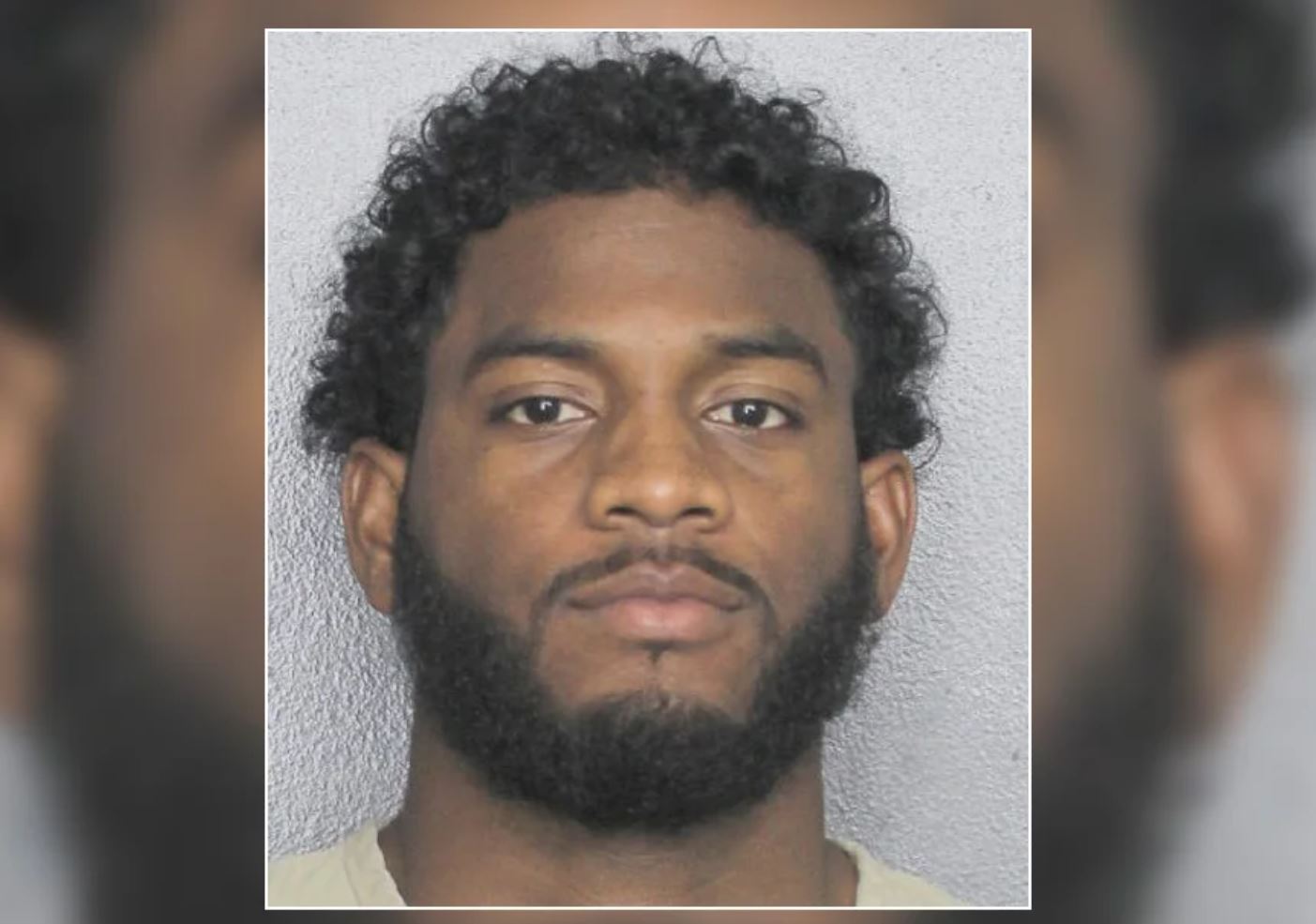Imagine a community reeling from a tragedy, a family torn apart by grief and anger, a system struggling to reconcile justice with trust. In the aftermath of such a devastating event, questions arise, demands for accountability echo, and one name refuses to fade from the consciousness of those affected – Donovan William Rojas. The case of Donovan William Rojas, a police officer, has become a stark reminder of the complexities of justice, the fragility of trust, and the unwavering pursuit of answers even in the face of a seemingly impenetrable wall of silence.

Image: globelivemedia.com
Donovan William Rojas was a police officer – a name that evokes a wide range of emotions. For some, he represents the thin blue line, a symbol of safety and security in a world often fraught with uncertainty. For others, his name is synonymous with a chilling reminder of the potential for power to be corrupted, a symbol of a system failing to hold its own accountable leading to a deep-seated mistrust of law enforcement.
The Shadow of Silence: Unanswered Questions
The story of Donovan William Rojas starts with a community fractured by loss and a desperate need for answers. His name became inseparably intertwined with a tragedy that shook the very foundation of trust in the community he was sworn to protect. Yet, a wall of silence has clouded his involvement in that tragedy. While some cling to the presumption of innocence, others grapple with the agonizingly slow pace of justice. The silence surrounding the case has fueled speculation and fostered a deep sense of injustice that continues to linger in the air.
The case of Donovan William Rojas raises a crucial question: What happens when a law enforcement officer is implicated in a tragedy? How can we reconcile the image of a sworn protector with the potential for harm inflicted by someone entrusted with safeguarding our communities? The case of Donovan William Rojas serves as a stark reminder of the human element within law enforcement. It compels us to acknowledge that even within the ranks of those sworn to uphold the law, biases, personal choices, and a flawed system can lead to profound consequences.
The Burden of Proof: Navigating A Complex Legal Landscape
The legal process, while meticulously designed to ensure fairness, can often feel agonizingly slow in the face of heartache and frustration. The burden of proof, a cornerstone of the legal system, requires an overwhelming standard of evidence. This burden becomes even more complex when grappling with the actions of a law enforcement officer. In the case of Donovan William Rojas, the weight of societal expectations, the complexity of the legal landscape, and the intricate intricacies of proving guilt or innocence create a challenging backdrop against which his case is unfolding.
Voices of the Community: A tapestry of emotions
The community affected by the events surrounding Donovan William Rojas is a tapestry of emotions – anger, grief, fear, and a deep yearning for justice. Families demanding answers, activists pushing for transparency, and a society grappling with the implications of the case. The community’s collective longing for answers has sparked a conversation critical of law enforcement accountability, the role of power in shaping outcomes, and the urgent need for a system that safeguards its citizens while upholding the principles of justice.
The case of Donovan William Rojas embodies the complexities of human experience, illustrating the delicate balance between trust and skepticism, power and accountability, and the profound impact that individual actions can have on an entire community.

Image: www.nytimes.com
Donovan William Rojas Still A Police Officer
The Path Forward: Seeking Answers Amidst Uncertainty
As the case of Donovan William Rojas unfolds, it serves as a potent catalyst for societal dialogue. The story compels us to confront difficult questions about the nature of justice, police accountability, and the ever-present human element within even the most rigid systems. The path forward, though arduous, requires a commitment to transparency, accountability, and a steadfast pursuit of justice – even when it feels elusive. The voices of the community, the stories of individuals impacted by the unfolding events, and the search for truth will continue to shape the narrative as it unfolds.
In Conclusion: The case of Donovan William Rojas is a reminder that the pursuit of justice, the healing of a community, and the restoration of trust are all interconnected. It is a testament to the enduring human desire for answers in the face of profound grief and uncertainty. The story serves as a call to action, a reminder that vigilance, advocacy, and a commitment to a fair and accountable system are essential for navigating the complexities of injustice and forging a path towards a more just future.






